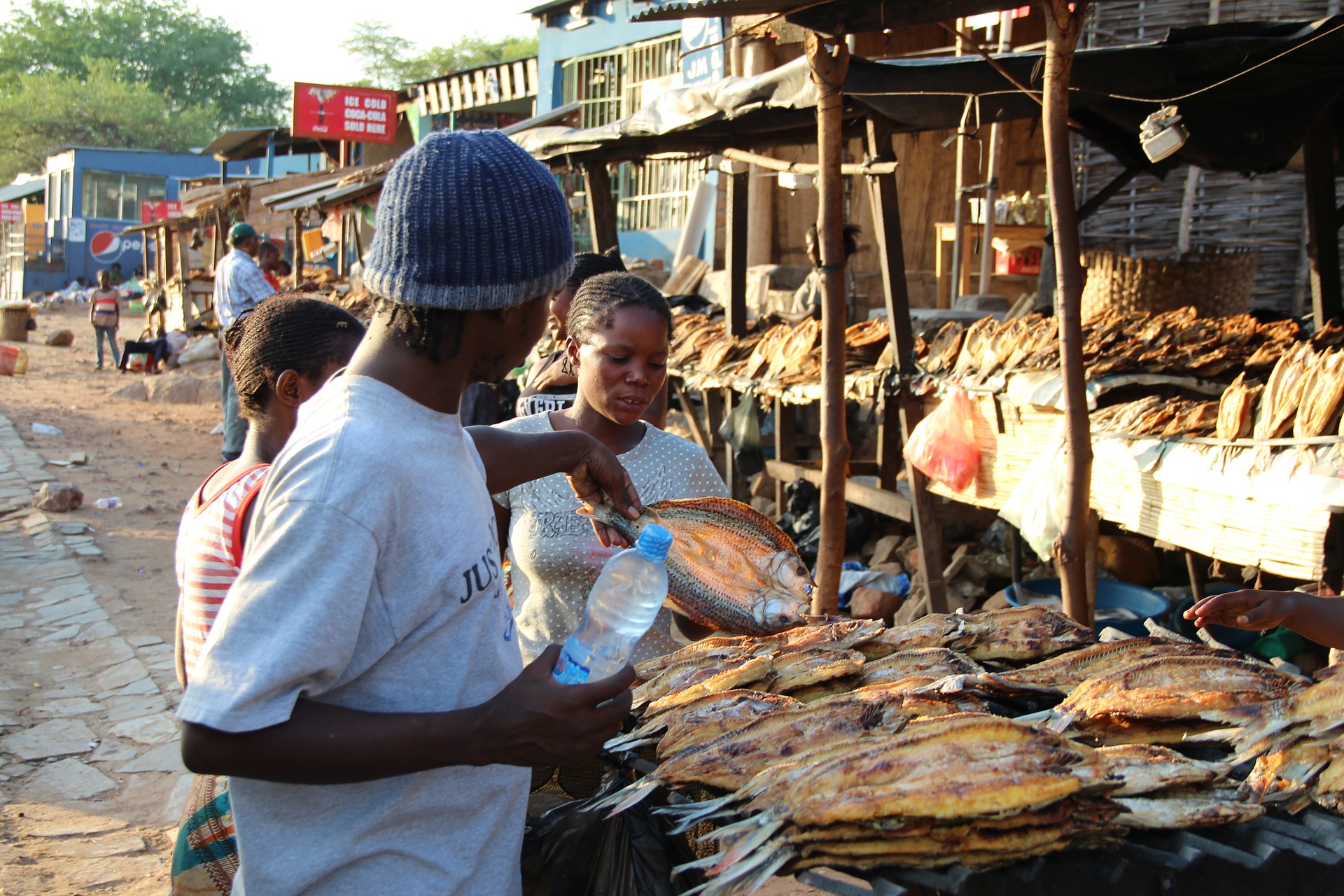In the last few months Zambia has experienced one of the worst cholera outbreaks in years. Governmental corruption and mismanagement of resources have largely been blamed for the lack of infrastructure that would have prevented such an outbreak. In response to the crisis, the government introduced heavy-handed measures that resulted in mass rioting. Despite government incompetence, this disease is now in retreat in Zambia. That’s thanks to an outside organisation created by the Gates Foundation.
The current outbreak started on October 4 2017, and has been largely restricted to Lusaka, Zambia’s capital city. The latest data shows that there have been 3,260 cases so far, 74 of which proved to be fatal. Cholera is caught by consuming contaminated food and water, and can become fatal within hours, if untreated. The bacterial infection rapidly causes diarrhoea and vomiting, the combination of which leads to dehydration.
A recent report from the Zambian National Public Health Institute has blamed water taken from shallow infected wells in the slum district of Kanyama as the cause of the outbreak. That may be the bacterial cause of the infection, but the continued use of unsanitary methods of water collection are being pinned on something else entirely: corruption.Since 2000, Zambia has been receiving, on average, almost a billion dollars in aid every year. Much of it was meant to improve water sources and sanitary infrastructure. Where did the money go? The opposition leader Hakainde Hichilema has claimed that: “Corruption is a source of cholera.”
Hichilema suggests that if President Edgar Lungu hadn’t squandered money on corrupt overpriced governmental contracts, the necessary funds would have been available to provide the infrastructure to prevent outbreaks. In one example, Hichilema points to the $42 million contract between the Patriotic Front (the ruling party) and Grand View International to provide 42 fire trucks to the nation, despite all other contractors offering tenders of between $15m to $19m for an identical service.
President Lungu’s government appears to be full of corruption. A couple of weeks ago, as the cholera outbreak was hitting its apex, Harry Kalaba, Zambia’s foreign affairs minister, resigned. Kalaba noted that the government “cannot proceed to manage national affairs with cold indifference when the levels of corruption are swelling”. The ex-foreign minister indirectly referenced President Lungu when he claimed that corruption is “being perpetrated by those who are expected to be the solution”.
In response to the crisis, in early January President Lungu, alongside army soldiers, took to the streets of Lusaka to begin a clean-up operation. This began with postponing the start of the school year and a ban on street vending, in an attempt to limit the food and drink being sold in open-air markets.
However, President Lungu quickly turned to more heavy-handed measures that suppressed basic freedoms. He banned gatherings of more than five people and introduced a 6pm curfew for Kanyama, the focal point of the outbreak. In one instance, police used tear gas to break up a church service.President Lungu is desperate to be seen as facing the outbreak head on, but these tactics are questionable, considering that cholera is not an airborne disease and cannot be caught by casual person-to-person contact. These draconian governmental measures have resulted in city-wide riots that have worsened relations between the public and government officials. Fifty-five people have already been arrested.
On January 10, the Government of Zambia launched a campaign to vaccinate the residents of Lusaka. However, this campaign of one million oral vaccines has been solely funded by Gavi – a health partnership created by the Bill & Melinda Gates Foundation in 1999. Despite public funding now making up the most of Gavi’s donations, when it comes to management, private stakeholders are a majority.
Slowly, normality is returning to much of Lusaka and the outbreak appears to be receding. By day five of the vaccination campaign, a total of 895,000 vaccinations had already been distributed and new cases have halved to around 80, from 164 a week ago. Most district schools and retailers are set to reopen on January 22.
It’s truly incredible that a disease that once was rampant worldwide is now isolated to just a few small areas and is easily cured, or prevented, with low-cost technologies and basic infrastructure. Despite government corruption, mismanagement of resources and heavy-handed measures that crushed civil liberties, the eradication of cholera in Zambia is a realistic goal. Thanks to Gavi and the availability of cheap vaccinations, Zambia is not in an epidemic and the cholera outbreak is largely coming under control.
This first appeared in CapX.

